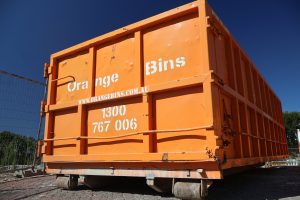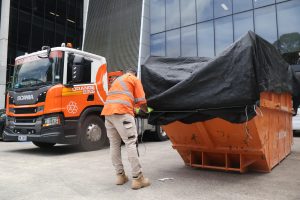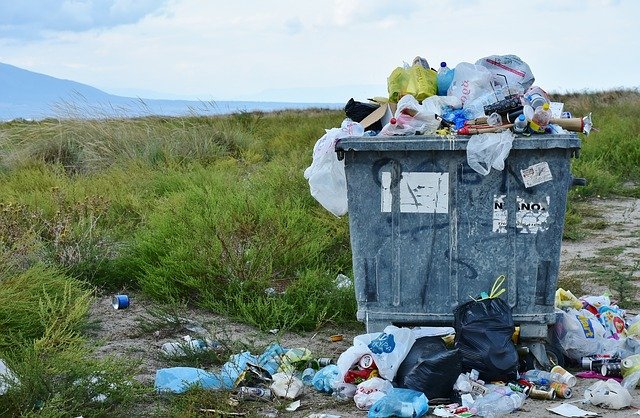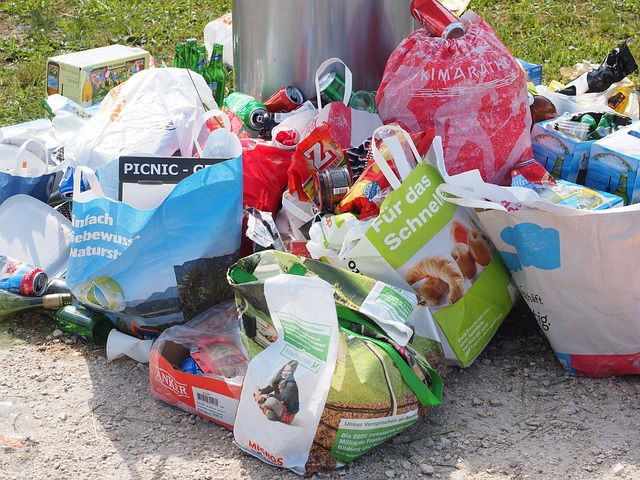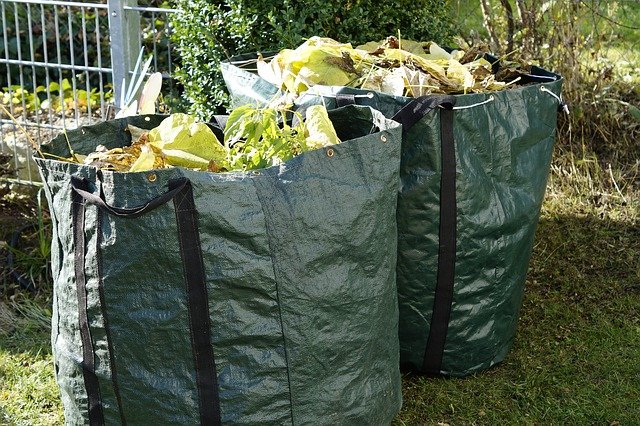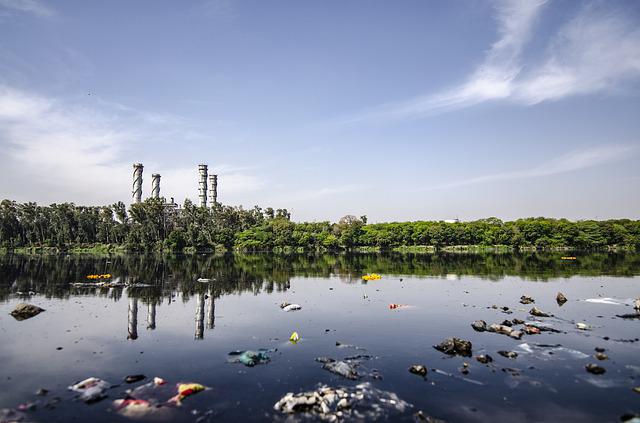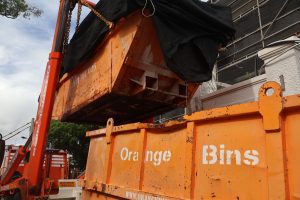 Are you grappling with waste removal at your home, renovation or construction site? Can’t decide whether or not to invest in a skin bin for disposal of your waste? Amongst the crushing economy we are up against, your decision depends immensely on optimising your set budget and still getting optimal quality in waste solution.
Are you grappling with waste removal at your home, renovation or construction site? Can’t decide whether or not to invest in a skin bin for disposal of your waste? Amongst the crushing economy we are up against, your decision depends immensely on optimising your set budget and still getting optimal quality in waste solution.
However, for residents and businesses alike, the clear solution lies in the simplicity and effectiveness of hiring skip bins. For this, we’ve assembled a list of 5 benefits that we think are imperative in choosing your next skip bin hire with us, at Orange Bins.
Benefit 1: Efficient Waste Removal
Skip bins are a beacon of efficiency when it comes to waste removal. Whether you’re tackling a home renovation project or a commercial clean-up, these bins can accommodate a wide array of materials, from construction debris to general household waste. The streamlined process ensures a hassle-free disposal experience, saving you time and effort compared to multiple trips to traditional disposal sites.
Benefit 2: Time and Cost Savings
The financial and temporal benefits of skip bin hire are substantial. Instead of shuttling back and forth to the landfill in your own vehicle, a single skip bin consolidates all your waste in one place. This not only cuts down on transportation costs but also frees up your time, allowing you to focus on more important aspects of your project.
Benefit 3: Waste Segregation and Orange Bins Expertise
Waste segregation is a crucial step in responsible waste disposal, and orange bins take this to the next level. Specifically designed for recycling, these bins ensure the proper separation of recyclable materials from general waste. The expertise of orange bins in waste segregation guarantees that the recycling process is optimised, contributing to a cleaner and greener environment. CLICK HERE FOR MORE INFORMATION ON OUR WASTE AND RECYCLING PROCESS > https://www.orangebins.com.au/blog/revolutionising-…art-of-recycling/
Benefit 4: Safety and Convenience
Skip bin hire enhances safety on your premises by eliminating loose waste piles. The bins provide a secure and contained space for waste, reducing the risk of accidents and injuries. Additionally, having a skip bin on-site ensures convenient disposal as waste is generated, maintaining a tidy and hazard-free environment throughout your project.
Benefit 5: Environmental Responsibility
Opting for skip bins, especially the environmentally conscious Orange Bins, showcases a commitment to environmental responsibility. The dedicated recycling process undertaken by these bins ensures that a significant portion of your waste is repurposed, alleviating the strain on landfills and contributing to a more sustainable waste management solution.
For any inquiries and bookings for one of our skip bins click here https://www.orangebins.com.au/contact-us/ OR call us on 1300 767 006

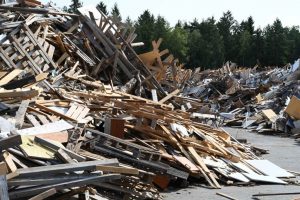 In the ever-evolving landscape of waste management, timber has emerged as a significant player in the recycling game. As a valuable resource in construction, furniture, and various industries, the responsible disposal and recycling of timber have become crucial. Here’s a closer look at why and how you can recycle timber, and the role Orange Bins plays in this eco-friendly journey.
In the ever-evolving landscape of waste management, timber has emerged as a significant player in the recycling game. As a valuable resource in construction, furniture, and various industries, the responsible disposal and recycling of timber have become crucial. Here’s a closer look at why and how you can recycle timber, and the role Orange Bins plays in this eco-friendly journey.